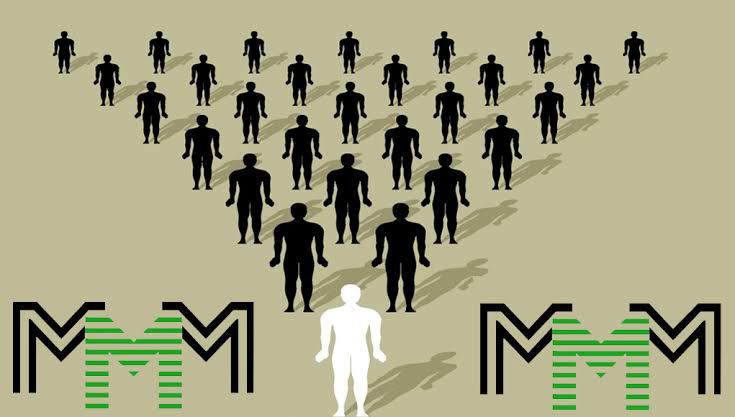Economy
MMM: SEC warns Nigerians against investing in Bitcoins, other digital currencies

Nigerians have been warned against investing in digital currencies such as Bitcoin, Swisscoin and OneCoin.
The Securities and Exchange Commission, SEC, disclosed this in a public notice on its website on Thursday, stating that none of the individuals or companies promoting the use of the currencies is recognised by it or any other regulatory agency in Nigeria.
The commission stressed the risks and possibilities of investors losing their money to such investments being promoted by these companies, including fraudulent pyramid schemes.
This comes in the wake of the return of Nigeria’s leading Ponzi scheme, MMM Nigeria, which had earlier placed a one-month ban on all withdrawals from December 13, 2016.
Upon resumption, the scheme introduced the use of bitcoins as part of its payment options, citing bitcoin’s steady growth in value as a reason for participants to adopt the currency.
However, SEC advised the public to exercise extreme caution with regard to digital currencies as a vehicle of investments.
“The public should also be aware that any investment opportunities promoted by these persons, companies or entities are likely to be of a risky nature with a high risk of loss of money, while others may be outright fraudulent pyramid schemes,” the regulatory body noted.
SEC added that, “Given that these instruments and the persons, companies or entities that promote them have neither been authorized, nor any guidelines/regulations developed for them by any of the regulatory authorities in Nigeria, there is no protection available to users or investors in these virtual currencies from financial losses if the virtual currencies fail or the companies promoting them go out of business.
“The public and consumers of financial services are further advised that before making any investment or entering into any financial services transaction they should ascertain that the entity with whom the investment or transaction is being made is authorized by the commission or other financial services regulatory authority as applicable to provide such services.”
The Nigerian Insurance Commission, NDIC, in conjunction with Central Bank of Nigeria, CBN, had earlier set up a committee to study the trending digital currency, ‘Bitcoin’.
According to the NDIC managing director, Umaru Ibrahim, the commission would look at the advantages and disadvantages of the currency and what it means for the payment systems in Nigeria as well as safety and security of customers.
Mr. Ibrahim said this at the 2016 Workshop for Financial Correspondents in Kaduna.
Such digital currencies, otherwise known as Cryptocurrency, is a digital asset designed to work as a medium of exchange using cryptography to secure the transactions and to control the creation of additional units of the currency.
Bitcoin became the first decentralized cryptocurrency in 2009.
-

 News5 days ago
News5 days agoInsecurity: Kogi Schools Resume On Monday
-

 Opinion4 days ago
Opinion4 days agoDon’t Pull the Plug: Why Nigerians Are Pleading for the U.S. to Extend Its Police Training Program — and Why It Must Synergize With New Military Arrivals
-

 Crime4 days ago
Crime4 days agoVigilante Reportedly Shoots Colleague Dead In Plateau
-

 News2 days ago
News2 days agoRamadan: Osun Cleric Urges Compassion Among Muslims As Asejere Distributes Relief Materials To 537 Beneficiaries




